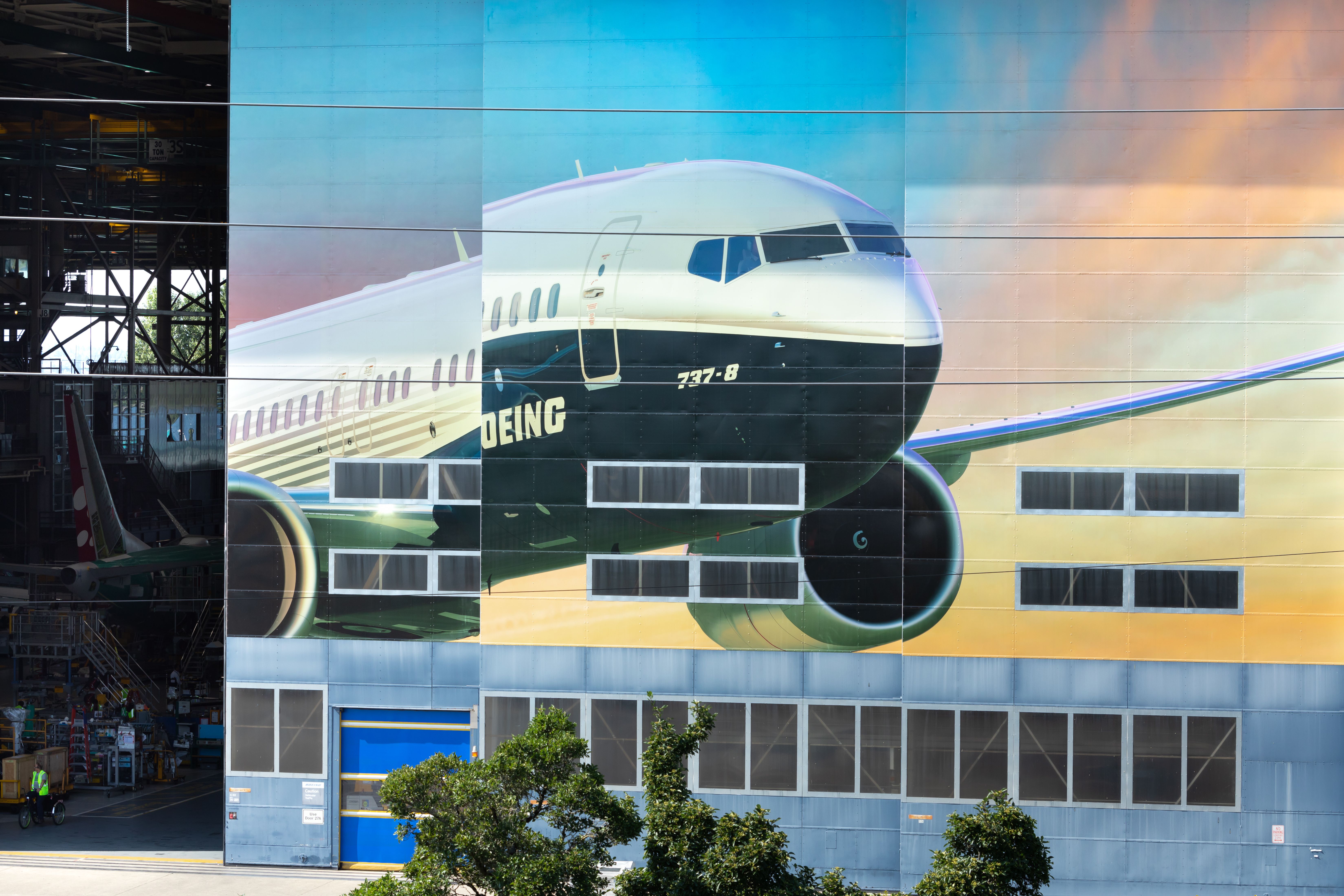
The Federal Aviation Administration (FAA) announced on Thursday that it will increase its oversight at Boeing plants as the company gears up to resume production of the Boeing 737 Max , Reuters reported . This decision comes on the heels of a 53-day strike that recently concluded, during which Boeing's operations were significantly impacted. Boeing workers end strike, set to return to production According to Reuters, FAA said that its Administrator Mike Whitaker talked with Boeing CEO Kelly Ortberg this week.
He emphasized the significance of Boeing adopting its safety risk management system once production restarts. The agency stated that it maintained an increased on-site presence at Boeing plants during the strike "and will further strengthen and target our oversight as the company begins its return-to-work plan." Boeing has not yet said when it intends to begin manufacturing.
Throughout the strike, the FAA maintained an enhanced on-site presence at Boeing’s factories, Reuter said. This proactive approach is part of the agency’s strategy to ensure compliance with safety standards, especially after Boeing faced scrutiny over its safety culture and practices. The FAA plans to further bolster its oversight as the company implements its return-to-work plan, although a specific timeline for the resumption of production has not yet been disclosed.
Union workers vote to accept revised contract On Monday, striking Boeing factory workers in Washington State voted to accept the company's revised contract offer, which promised a larger wage increase and bonus payments, and end a seven-week work stoppage, paving the way for the crisis-hit company to restart production lines for its key aircraft. About 33,000 machinists who work on the best-selling 737 MAX, as well as the Boeing 767 and Boeing 777 wide-body planes, have decided to halt their strike, which began on September 13. As the dust settles following the strike, Boeing faces a long list of priorities that require immediate attention.
The International Association of Machinists and Aerospace Workers (IAM) union, which represents the striking workers, said on social media that 59% of its members voted in favor of the revised contract offer. The striking machinists can return to work as early as Wednesday's first shift, or no later than November 12, according to the statement. This development is expected to boost morale among employees and facilitate a smoother transition back to production.
FAA emphasizes safety measures in response to Boeing’s challenges Despite the union's resolution, the FAA's scrutiny serves as a reminder of the challenges Boeing faces in restoring its reputation and operational stability. The company has been under significant pressure to address safety concerns since the two fatal crashes involving the 737 MAX in 2018 and 2019 , which led to the global grounding of the aircraft. The safety alert directs pilots and airline operators to review Boeing's procedure for responding to a jammed rudder.
The FAA's increased oversight follows a series of incidents that have raised concerns about Boeing's manufacturing practices. An Alaska Airlines Boeing 737 MAX 9 experienced a door panel detaching mid-flight in January, leading the FAA to limit production of the 737 MAX aircraft to address potential quality control issues at Boeing. The FAA has made it clear that Boeing must demonstrate significant improvements in its safety protocols before any production increases can be authorized.
.














